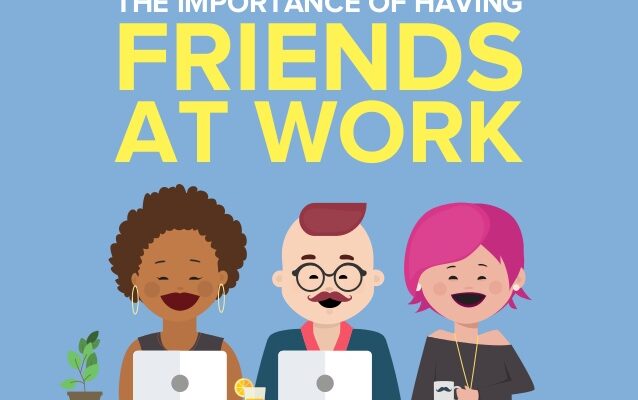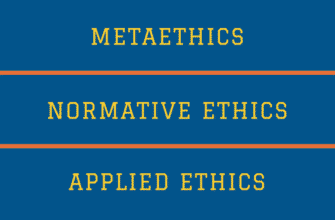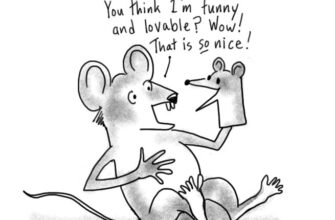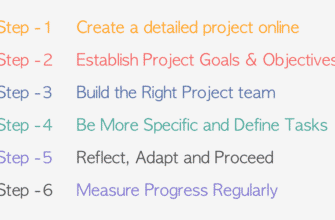As the holiday season begins, we are once again inundated with luncheons, happy hours, and a variety of other social gatherings organized by our company’s party planning committees. Some people dread these get-togethers. They’ll cite the mounting work on their desk and competing priorities. While true, these individuals are missing the benefits of fostering and maintaining friendships at work. Can Friends teach us the importance of having friends?
At the height of the hit show Friends fame, the cast would often joke that the most common interview question was, “Are you really friends?” Every tabloid plastered pictures of cast members eating lunch or going on family vacations together. On the set, there were numerous stories of ego-less brainstorming sessions to improve a script and a never-before-seen unity of key players to ensure that everyone was earning the same salary.
Being the hottest stars of the 1990s with movie offers pouring in and a bank account far exceeding anything they could have ever imagined, how long would they have made the show if there wasn’t some degree of friendship amongst the cast? It’s not like other great shows weren’t ended prematurely after showbiz feuds made the work conditions unbearable. The money could not make up for the agony. Friends, on the other hand, had a great ten-year run and remains in constant syndication.
Consider the people on your team. How many have a group of friends at work? What about one friend? If you are wondering why this matters, look at the research. According to Gallup, those with a friend at work are significantly more likely to report higher commitment to quality, identify higher levels of healthy stress management, believe coworkers will help them during times of challenge, and are more loyal to the organization. Additionally, a recent Globoforce study found those with work friends are:
- 87% more likely to trust their co-workers
- Three times more likely to say they love their companies
- Twice as likely to say they are proud of their company
- Less than half as likely to be recruited away
If this sounds like happy-go-lucky, soft skills lacking the meat to help the operations of your company, think again. The research cited above shows a direct impact on performance, productivity, and profitability. Our best people are more than twice as likely to leave if they do not have a friend at work. And it is estimated that these actively disengaged employees cost the U.S. approximately $500 billion each year in lost productivity.
Knowing these benefits, how can we make more friends at work and still get our work done? Consider trying the following:
Stop hanging out in your department. You already know these people. Grow your base with more personal connections in the rest of the company.
Make a change to your routine. To meet new people, you cannot keep going to the same places. Try eating in a different section of the cafeteria. Maybe try a new time. Use the bathroom on a different floor. Do something to mix up your day.
Volunteer for a committee. These meaningful interactions are a great way to meet new people. It adds a purpose to the conversation and can open up dialogue.
Smile. This may sound simple, but research shows it is effective.
Attend the “fun” events. Instead of seeing the holiday parties as a chore, take advantage of the opportunity to network.
Ask questions. If the less formal situations sound uncomfortable, ease some pressure in knowing you don’t have to be the life of the party. A few questions will spark a conversation and you’ll barely need to say a word.
Be positive. No one wants to hang out with a downer. Avoid complaining and the “I can’t believe it’s Monday” attitude. Be the person who others look to for positivity.
In a world where engagement and culture are all the buzz, friendship are the difference between success and failure. Don’t believe me? Try getting promoted with the reputation of being an antisocial loner. You may be capable of doing the job, but the lack of people skills will be a deterrent. But let’s not make this sound like a chore. Having work friends makes the day more fun. It turns your break room into Central Perk and gives you something to look forward to on those otherwise dreadful morning commutes. Can that BE any better?







